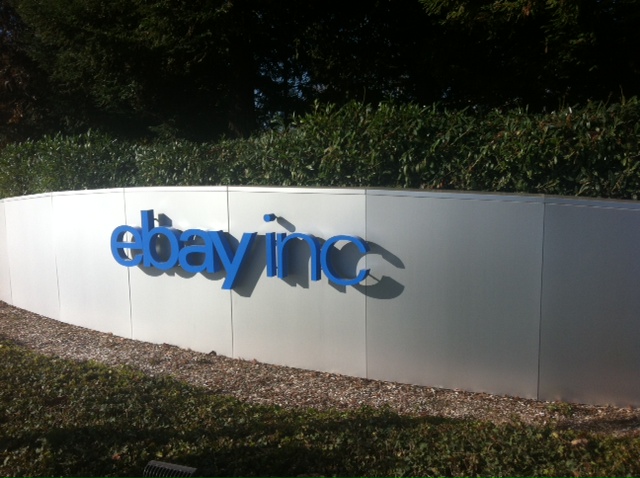For two years we were captivated by spectacular rise of the Bitcoin virtual currency. Allegations those gains were a result of market fixing raise important questions about the integrity of our data networks.
The Coin Desk website discusses how the Mt Gox Bitcoin exchange was being ramped by computer bot network nicknamed Willy.
Rampant market ramping – where stock prices are pushed up to attract suckers before those in know sell at a profit – has a proud financial market history; during the 1920s US stock boom, fortunes were made by inside players before the crash and its subsequent banning in 1934.
So it wouldn’t be a surprise that some smart players would try to ramp the Bitcoin market to make a buck and using a botnet – a network of infected computers – to run the trades is a good technological twist.
Blindly trusting data
The Willy botnet though is a worry for those of us watching the connected economy as it shows a number of weaknesses in a world where data is blindly trusted.
As Quinn Norton writes on Medium, everything in the software industry is broken and blindly trusting the data pouring into servers could be a risky move.
The internet of things is based upon the idea of sensors gathering data for smart services to make decisions – one of those decisions is buying and selling securities.
Feeding false information
It’s not too hard to see a scenario where a compromised service feeds false data such as steel shipments, pork belly consumption or energy usage to manipulate market prices or to damage a competitor’s business.
Real world ramifications of bad data could see not only honest investors out of pocket but also steel workers out work, abattoirs sitting on onsold stocks of pig carcasses or blackouts as energy companies miscalculate demand.
The latter has happened before, with Enron manipulating the Californian electricity market in the late 1990s.
When your supply chain depends upon connected devices reporting accurate information then the integrity of data becomes critical.
Like much in the computer world, the world of big data and the internet of things is based up trust, the Mt Gox Bitcoin manipulation reminds us that we can’t always trust the data we receive.
Similar posts:




